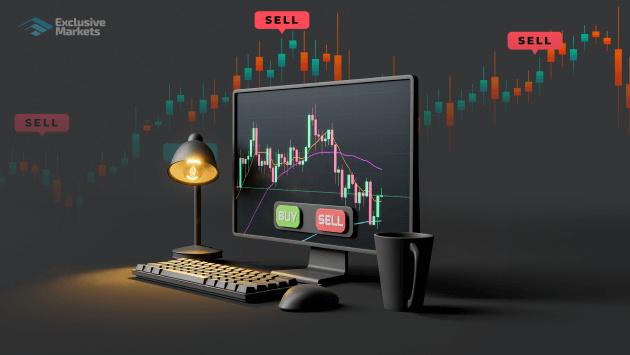
Forex trading is a dynamic and fast-paced market that is governed by a multitude of regulations across various jurisdictions. Understanding these regulations is essential for any trader looking to navigate the complexities of the foreign exchange market safely. Regulations not only protect traders from fraud but also ensure a level playing field for all participants. For those interested in trading through mobile platforms, check out forex trading regulations Forex Trading Apps that can simplify the trading experience.
What Are Forex Trading Regulations?
Forex trading regulations refer to the laws and rules established by financial authorities to manage and oversee the foreign exchange market. These regulations are aimed at protecting investors from unfair practices, fraud, and market manipulation. Each country has its own regulatory framework, but certain principles are commonly shared across borders.
The Importance of Forex Regulations
1. **Investor Protection:** One of the main goals of forex regulations is to safeguard retail investors from unscrupulous brokers. Regulations require brokers to adhere to strict guidelines, ensure transparency in their operations, and maintain adequate financial reserves to meet the demands of their clients.
2. **Market Integrity:** Regulations help maintain the integrity of the forex market, ensuring that all transactions are conducted fairly. This is vital for the trust and confidence of all market participants, as a trustworthy environment encourages more trading activity.
3. **Risk Management:** By imposing strict requirements on leverage, capital, and risk management practices, regulations help mitigate potential risks associated with high volatility within the forex market.
Key Forex Regulatory Bodies
Forex trading is regulated by various authorities across the globe, each with its own specific mandates and rules. Some of the major regulatory bodies include:
- Commodity Futures Trading Commission (CFTC) – USA: This federal agency regulates the U.S. derivatives markets, including forex trading. The CFTC enforces rules designed to protect market participants.
- Financial Conduct Authority (FCA) – UK: The FCA is known for its stringent regulatory framework that requires brokers to maintain high levels of transparency and customer protection.
- Australian Securities and Investments Commission (ASIC) – Australia: ASIC oversees the financial markets in Australia, including forex trading, and emphasizes protecting investors from misconduct.
- European Securities and Markets Authority (ESMA) – EU: ESMA regulates financial markets in the EU and has introduced rules around leverage and investor protection to ensure that traders are treated fairly.

Types of Forex Regulations
Forex regulations can be grouped into several categories, each serving a different purpose:
Licensing and Registration
Regulatory bodies require brokers to obtain licenses to operate legally. This often involves an extensive application process where brokers must show compliance with various financial standards and operational practices.
Capital Requirements
Brokers must maintain a certain amount of capital, which serves as a safeguard against operational risks. Regulatory bodies set minimum capital requirements to ensure financial stability.
Leverage Limits
High leverage can amplify both profits and losses. Many regulatory authorities have placed limits on the amount of leverage that brokers can offer to retail traders to prevent excessive risk taking.
Reporting and Transparency
Regulations often require brokers to disclose their financial statements and business practices to ensure transparency. This is critical for building trust and allows traders to make informed decisions.

Challenges in Forex Regulation
While regulations serve to protect traders, there are challenges in enforcing these rules consistently across different jurisdictions:
1. **Global Nature of Forex:** The decentralized nature of forex trading makes it challenging to enforce regulations globally. Traders can access markets from anywhere, often bypassing local regulations.
2. **Regulatory Arbitrage:** Some brokers may seek to operate in jurisdictions with looser regulatory controls to attract clients, which can expose traders to greater risks.
How to Choose a Regulated Forex Broker
For traders, selecting a regulated broker is paramount for ensuring safety and security. Here are some tips for choosing a reputable forex broker:
- **Check Regulatory Status:** Always verify if the broker is licensed and regulated by a recognized authority.
- **Read Reviews and Feedback:** Look for customer reviews and testimonials to gauge the broker’s reputation.
- **Assess Trading Conditions:** Pay attention to spreads, commissions, leverage, and account types offered.
- **Evaluate Customer Support:** Reliable customer service is essential for resolving issues promptly.
Conclusion
Understanding forex trading regulations is crucial for any active trader. Regulatory frameworks not only protect investors but also foster a fair trading environment. By selecting a licensed and regulated broker, traders can minimize risks and focus on their trading strategies with peace of mind.
As forex trading platforms and technologies continue to evolve, keeping abreast of regulatory changes will ensure that traders stay informed and protected in this vibrant market.
